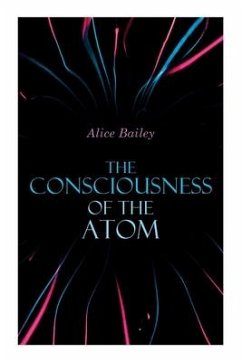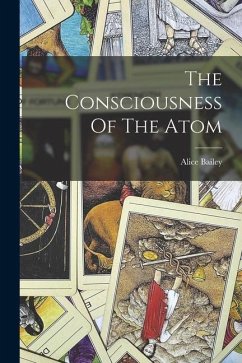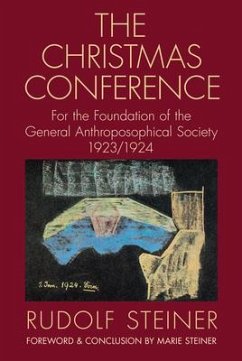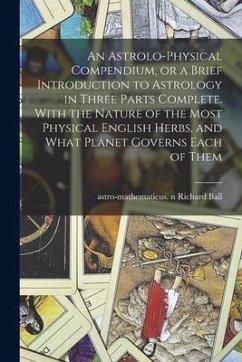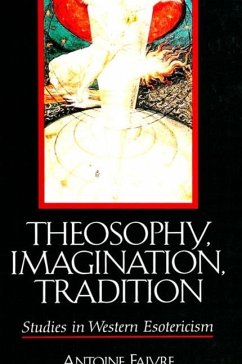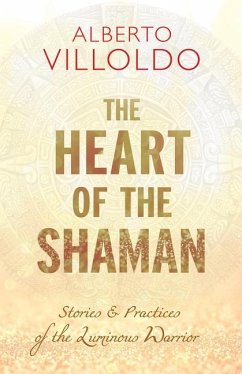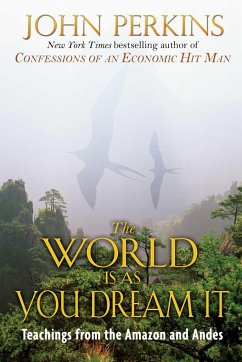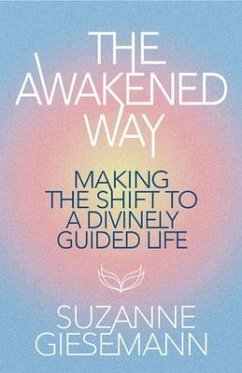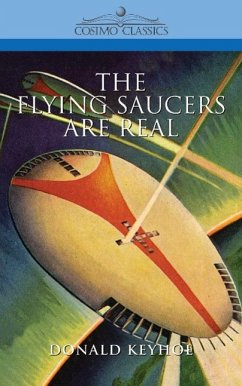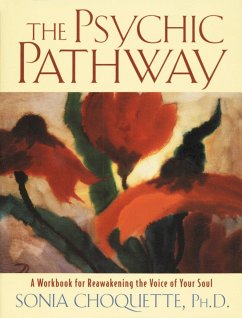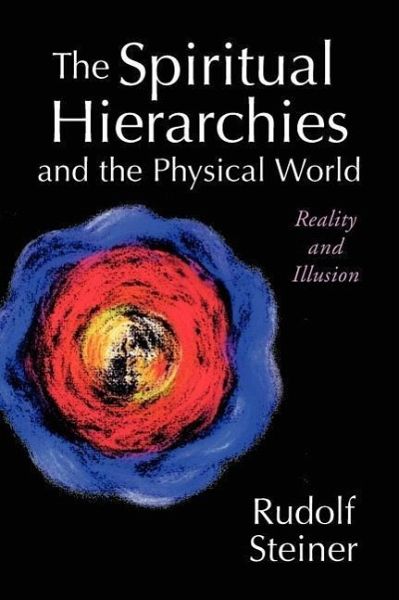
The Spiritual Hierarchies and the Physical World
Reality and Illusion
Übersetzer: Querido, Rene M; Gates, Jan
Versandkostenfrei!
Versandfertig in über 4 Wochen
24,99 €
inkl. MwSt.
Weitere Ausgaben:

PAYBACK Punkte
12 °P sammeln!
Ever since nature and consciousness were separated in the late Middle Ages, giving rise to a science of matter alone -- in which mind was considered only an epiphenomenon of neural chemistry -- the spiritual beings who are the universe have felt abandoned and unable to complete their work, which depends on human collaboration for its success. Meanwhile, human beings have likewise felt abandoned and alienated, condemned to spend eternity as a speck of dust in an infinitely decaying universe. In these remarkable lectures, Rudolf Steiner reestablishes the human being as a participant in an evolvi...
Ever since nature and consciousness were separated in the late Middle Ages, giving rise to a science of matter alone -- in which mind was considered only an epiphenomenon of neural chemistry -- the spiritual beings who are the universe have felt abandoned and unable to complete their work, which depends on human collaboration for its success. Meanwhile, human beings have likewise felt abandoned and alienated, condemned to spend eternity as a speck of dust in an infinitely decaying universe. In these remarkable lectures, Rudolf Steiner reestablishes the human being as a participant in an evolving, dynamic universe of living spiritual beings: a living universe, whole and divine. He does so in concrete images, capable of being grasped by human consciousness as if from within.






